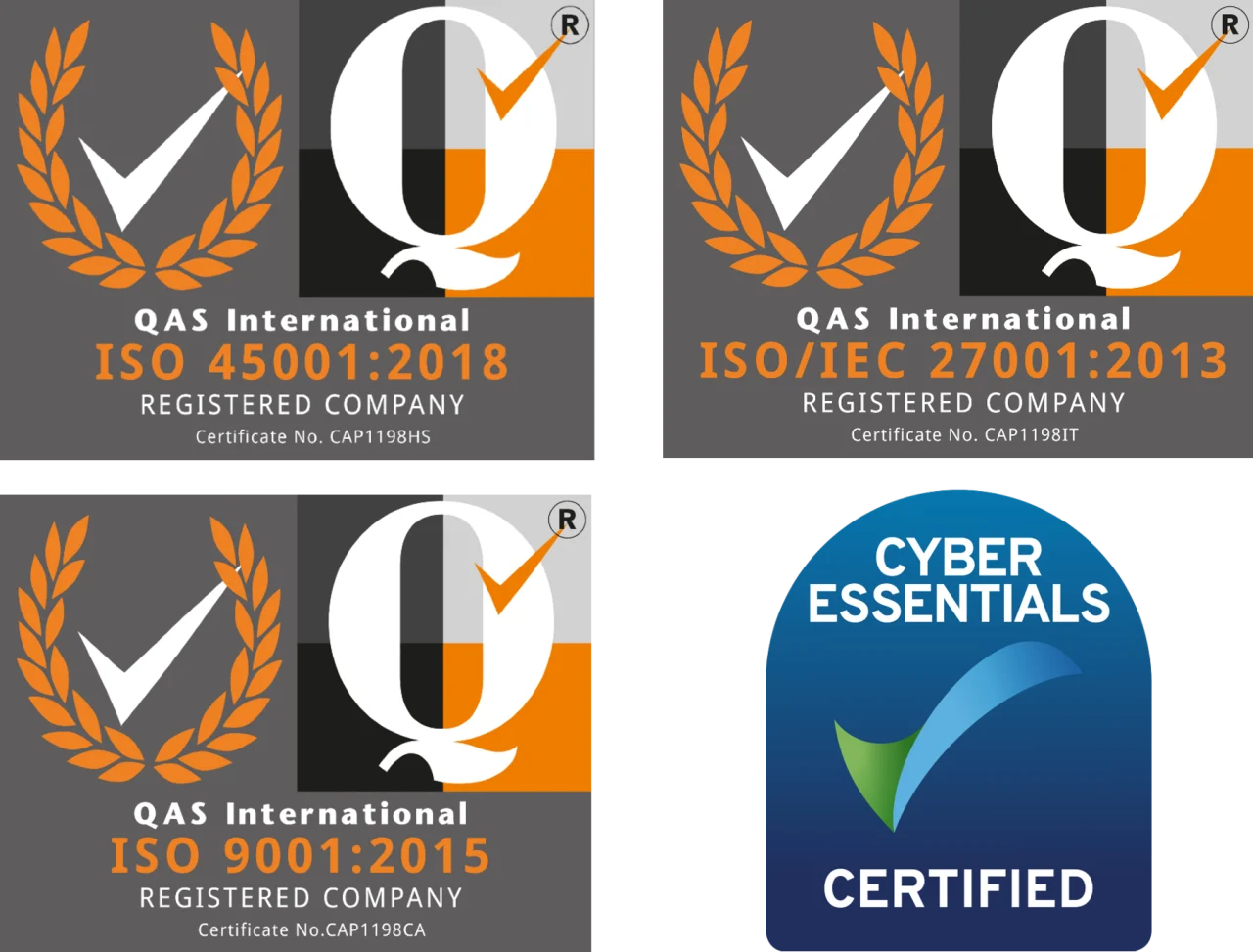The last couple of months have seen a slew of new products on the market seeking to make use of the new Windows 8 operating system in some novel ways. Indeed, a whole new lexicon has been introduced to cover these computers! Terms like ‘Convertibles’, ‘Sliders’ and ‘Twisters’ try to describe the diverse ways the new devices can be transformed for different uses.
Regular readers will know that we posted a while back on the subject of Tablets and laid down the gauntlet for “a new breed of hardware” that could – we suggested – have the potential to become a genuine replacement for a fully functioning PC or Laptop but in a much smaller, lighter and tablet-like shape. The question now is whether this has already become a reality?
But first, we need to delve a little more into some of these new terms:
A Tablet
Is a 7″-12″ touch-screen computer with no keyboard or mouse needed to use it. Typically running on battery, and ‘booting’ instantly, the concept here is to create a very versatile device that is quick and easy for anyone to use for a variety of none-too-demanding applications. From taking notes to Emailing; playing Angry Birds to reading E-Books or watching YouTube, Tablets are great for these simple tasks.
An Ultrabook
Is a fully featured laptop type computer with a built-in keyboard. Typically you can install any Windows software on it and won’t run out of processing power. Ultrabooks are different to a regular laptop courtesy of a smaller (12″-14″) screen, longer battery life and a thinner and lighter form factor. The concept here is to bring all the power of a PC into an extremely portable device that won’t run out of battery for most of the working day. Combined with a ‘Docking Station’ (which connects them to a larger monitor, and external mouse and keyboard), and Ultrabook makes a great replacement for a Desktop PC.
A ‘Hybrid’
Is a device that strives to combine the best of both worlds. Based on the theory that most Tablets are bought in addition to a regular PCs or Laptops, the idea is to offer a something unique – a single device that can be used like a laptop when doing advanced or demanding things, and like a Tablet when and where it is more convenient. Typically based on Windows 8, they manage this by ‘converting’ from one type of device to the other. Within this category, there are two distinct sub-types:
Devices like the Microsoft Surface Pro, Acer Iconia, Samsung ATIV Smart Pro and HP Elitepad 900 begin life as a slightly thicker, slightly heavier than average Tablet yet can be docked or attached to a keyboard base to take advantage of their greater processing power and all the features of their Windows-based operating system. Others such as the Lenovo Twist & Yoga, Toshiba Satellite U920, Sony Vaio Duo, Asus TaiChi and Dell XPS 12 begin life as a slightly thicker, slightly heavier Ultrabook, but have touch screens that can either twist, told or slide – without detaching – to convert them into a Tablet by ‘hiding’ the keyboard underneath the screen.
ESP Projects Thoughts on Windows 8 Hybrids
So, what do we make of all of this? The first thing to note is that the Hybrids that have been released thus far come with two very different types of processor. Some use Atom CPUs and others use Core i3/i5/i7s. Without wishing to get technical, therein lies the issue. Those based on the less demanding Atom chip are able to be physically smaller and lighter when in Tablet mode than the ones with the much more powerful ‘Core’ chips. They make reasonable Tablets but are still nowhere near as slim and slick as the best dedicated Tablets. They also lack the oomph when converted into a laptop to do much else with. Where the Core chips are used, you certainly don’t lack processing power but do end up with a very bulky Tablet indeed. You also pay more money than for a plain old Ultrabook yet have to put up with extra weight.
In a nutshell, we think that the current crop of Hybrids has little to offer other than the ‘Wow!’ factor. They are ‘convertible’ in name only and don’t make for good Tablets. The compromises imposed by the availability of CPU mean that they don’t hit the sweet spot of delivering as both a Laptop and a Tablet. For reviewers and users alike, the whole experience of Hybrids has been less than satisfying.
For the time being, then, we think if you are in the market for either (or both) of these types of device then ‘separates’ remains the answer. That said, we are inching closer and closer with every new release, and products in the Hybrid category are coming thick and fast. With the introduction in the summer of a new CPU architecture from Intel, we may yet see our predictions come true before the year is out.

